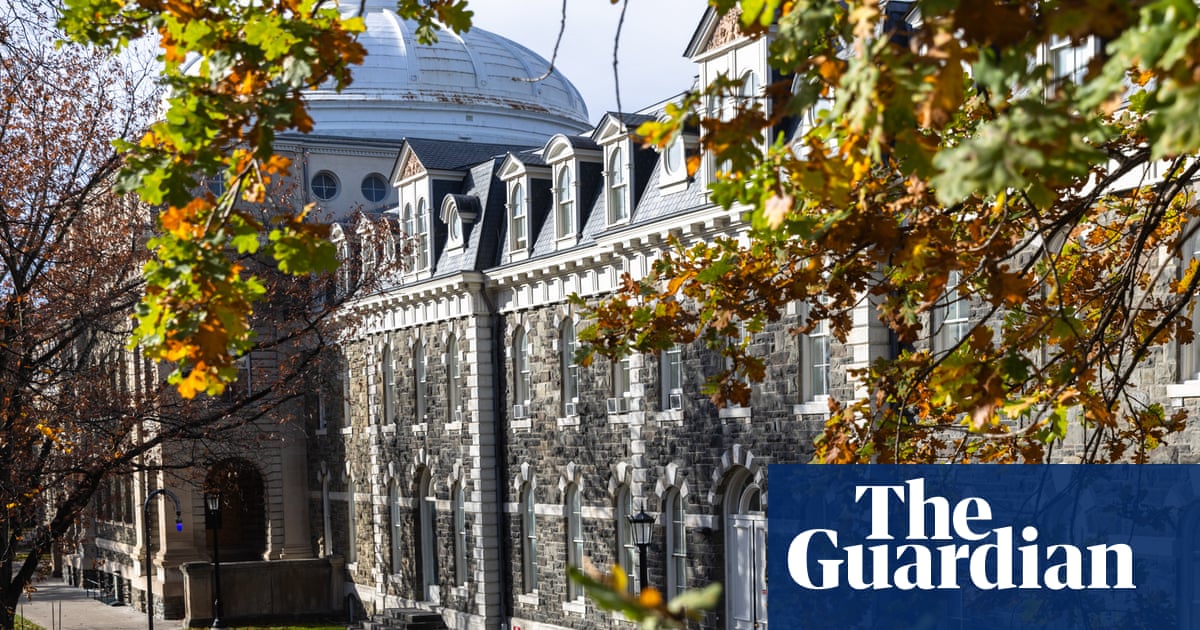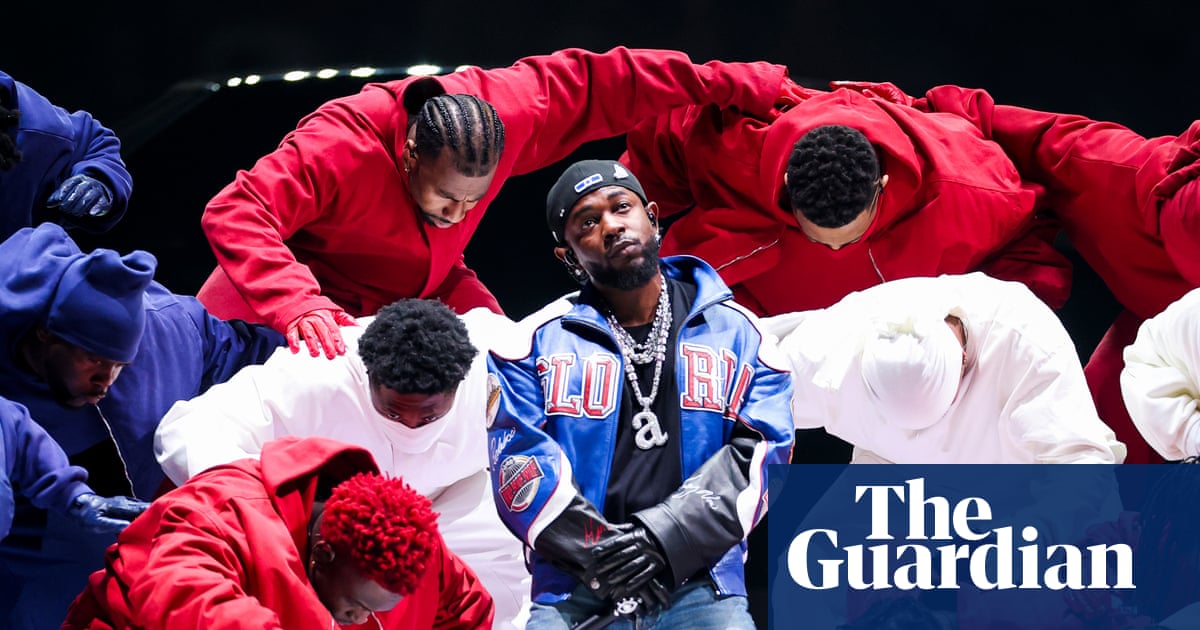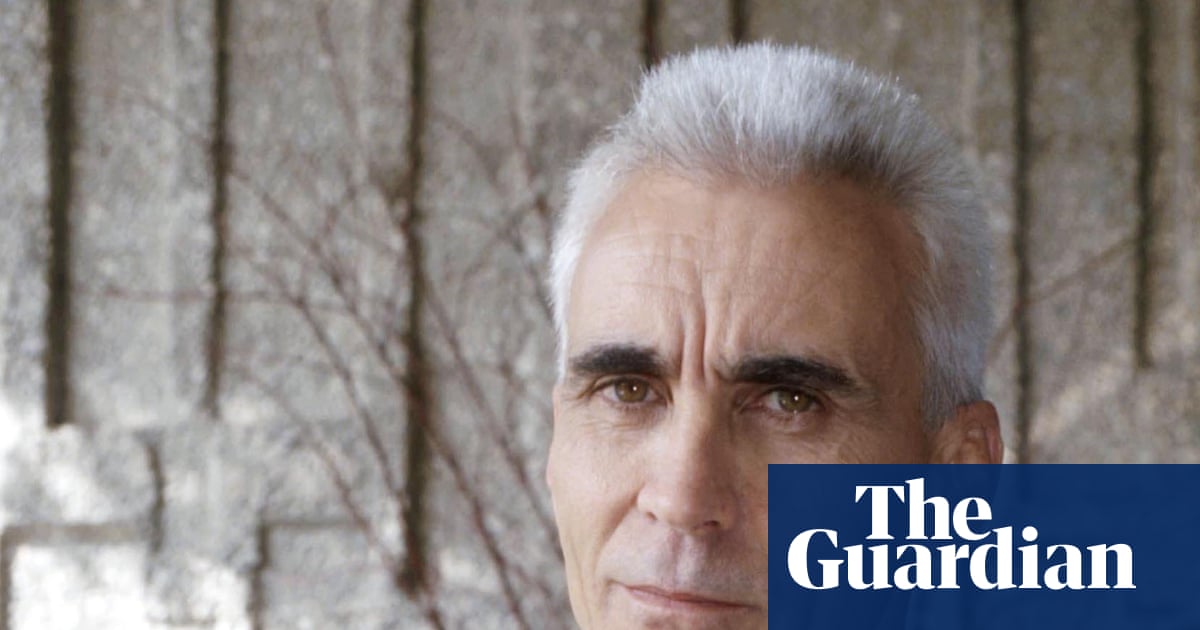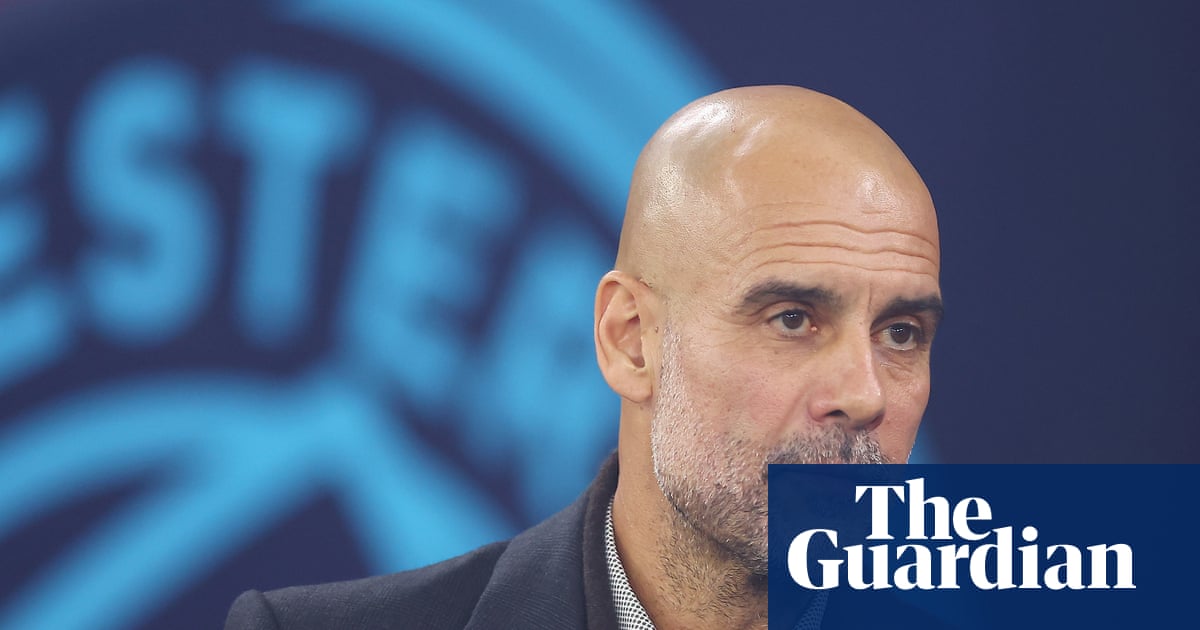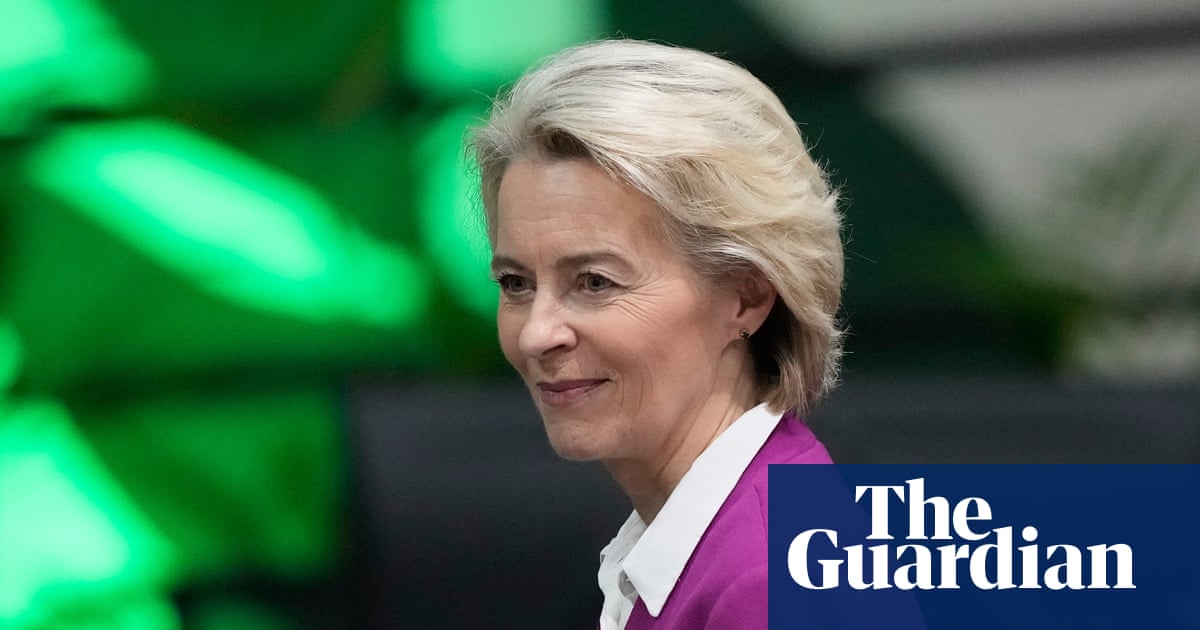Every American presidential campaign is many years in the making. So, what’s the state of the 2028 Democratic primary race now? The Democratic party’s most eligible candidates for the next election have been scheming, climbing, wheeling and dealing for their shot at the ticket for years. Plans were being hatched for the cycles ahead well before Biden garnered the nomination for himself in 2020.
Like that race, 2028 promises another crowded and wide-open field of contenders – polls have taken the Democratic electorate’s temperature on as many as 20 potential candidates, from Kamala Harris, who is reportedly considering a run for California’s governor instead, to the sports pundit Stephen A Smith.
The potential candidates, as is generally the case within the party, fall within two broad camps.
On the one hand, you have Democratic centrists – certain, as ever, that the main culprits for the party’s woes are progressives, out of touch with the electorate, who’ve pulled it ever-leftward. “What happened the last election,” Arizona senator Ruben Gallego said during a conspicuous visit to Pennsylvania, “is that we got so pure, and we kept so pure that we started kicking people out of the tent.”
One Democrat who wants back into the tent is former Chicago mayor Rahm Emanuel, who was functionally run out of town by voters over a series of scandals including his administration’s efforts to prevent the public from seeing video of Chicago police murdering a 17-year-old.
He got himself a spread in the Wall Street Journal last week anyway. “He calls the party’s brand ‘toxic’ and ‘weak and woke,’” the Journal’s John McCormick wrote, “a nod to culture-war issues he thinks Democrats have become too often fixated on that President Trump has successfully used against them.” Democratic bigwigs in Iowa will get the chance to hear that message in person come September – per the Journal, Emanuel will be the guest of honor at a party fish fry.
Of course, Gallego and Emanuel’s thoughts about where Democrats need to go have been given more than a fair hearing since November. A consensus among Democratic consultants and the party’s most esteemed pundits has emerged that Harris – who challenged Trump for not being tough enough on immigration and was loathe to even mention her own personal identity over the course of the race – ran a campaign that did too little to distance the party from the positions of progressive activists.
Tack to the political center even more aggressively, the thinking goes, and the Democrats might have a chance not only at winning in 2028, but returning to competitiveness in red regions in the country that the party hasn’t contested seriously since the 1990s and 2000s. Ask this set what happened between the 1990s and 2016 to weaken the party in these regions in the first place, and you’re unlikely to get a coherent answer.
The fact that so much of the recent erosion the party has seen with white working-class voters in particular happened under Barack Obama’s cautious, center-left, and rhetorically mainstream administration – before the resurgence of left identity politics that has swept the party since about 2015 – may be of interest to political scientists and historians. But it’s a wrinkle in the prevailing narrative professional Democrats are unwilling to consider – committed as they are to believing, or pretending to believe, that real moderation has never been tried.
That’s not to say that there aren’t new or at least refurbished ideas moderates are pushing forward to revitalize the party. The book Abundance by journalists Ezra Klein and Derek Thompson has been taken up by party centrists as a foundational text, thanks to its critiques of progressive groups and activists it argues have held up policy progress, especially in Democratic cities.
“Former Vice President Kamala Harris and the U.S. Senate’s Democratic caucus are among the many politicians who have recently sought the authors’ counsel,” the Wall Street Journal’s Molly Ball reported this week. “Not one but two congressional caucuses have recently formed to push legislation advancing the ideas laid out in the book.”
Read a particular way, the book’s arguments can be understood as bits of advice that might actually aid progressives in certain respects – it contends, for instance, cutting red tape might have bolstered parts of Biden’s economic agenda that the left liked, like investments in new clean energy projects. Still, Abundance has been set up – by progressives and centrists alike, as an alternative to the left-wing populism so-influentially offered up by Bernie Sanders in the last two open Democratic primaries.
That’s the second camp we can expect candidates in the next primary to align themselves with. Though it’s early on, there are a few signs the populists have won over a substantial proportion of the Democratic electorate. A poll – from the group Demand Progress – found that a 59% majority of Democrats preferred a progressive message about the need to “get money out of politics, break up corporate monopolies, and fight corruption” over an Abundance-influenced message about reducing “bottlenecks” that make it harder to produce housing, expand energy production, or build new roads and bridges.”
In February, against arguments from the center otherwise, Gallup also found that a 51% majority of Democrats and Democratic-leaning independents want the party to either remain the same ideologically or move further left as opposed to becoming more moderate.
Sanders, now 83, won’t be the standard bearer for those majorities in 2028. But Alexandria Ocasio-Cortez might, and so too might 2024 vice-president nominee Tim Walz, who argued colorfully that Democrats should be doing more to “bully the shit out of” Trump in an appearance in South Carolina and whose pick for the Democratic ticket in the last campaign encouraged progressives impressed by his record of signing policies like paid leave, free school meals, and police reforms into law as governor of Minnesota. Democrats, he’s said, disappoint voters when they make grand promises only to “incrementally change things and … don’t do the big stuff.”
True as that may be, it’s well-worth asking why the Democratic left hasn’t been more electorally successful, even within party primaries. Though Democratic leaders and donors plainly try to stack the deck against progressive challengers in a variety of ways, those efforts, like the consolidation of support around Joe Biden in the 2020 primary to block out Sanders, wouldn’t pay off quite so well if the left had a broader and more reliable base of support among Democratic voters. As popular as some progressive ideas and candidates might be, progressive fortunes in 2028 and beyond will rest upon whether the left can actually close the deal with the Democratic rank and file.
Beyond these two camps, we’ll see candidates hoping to transcend them or split the difference between them through political style. We might call that move “the Booker”. After holding forth for more than 25 hours straight in a seemingly impassioned jeremiad against the Trump administration at the end of March – the longest speech in Senate history, coming soon to bookstores near you – the New Jersey senator Cory Booker was the only Democrat to back convicted felon Charles Kushner, the father of Trump’s son-in-law Jared Kushner, becoming our ambassador to France.
Though he might be leaning on it more heavily than he can afford to, Booker’s instinct that a keyed up rhetorical register will matter in the race to come is likely correct, and he isn’t the only candidate hoping an aggressive posture now will help them stand out. Illinois governor JB Pritzker, for instance, is saying all the right things to fired-up Democrats at the moment: “These Republicans cannot know a moment of peace,” he told a crowd of Democratic insiders in New Hampshire in April. Come 2028, those activists will be giving some thought as to whether that tone compensates for the fact that Pritzker happens to be a billionaire.
Maryland’s Wes Moore, yet another governor with his eyes on the prize, similarly impressed Democratic politicos in a recent South Carolina speech. “If [Trump] can do so much bad in such a small amount of time, why can’t we do so much good?” he asked. “Now is the time for us to be impatient, too. Let’s not just talk about an alternative. Let’s not study an alternative. Let’s deliver the alternative.” Gesturing at what that alternative might be, Moore pointed to policies like raising the minimum wage and making apprenticeships more available. Will there be more by the time the primary rolls around?
Whoever wins out in 2028 will obviously have their work cut out for them. The data firm Catalist’s postmortem of the 2024 election shows that Democrats lost ground not only with the young men who’ve been the focus of so much attention lately but across a broad swath of demographic groups. And structurally, population shifts are going to make winning both the electoral college and Senate all the more difficult for the party in the years ahead. The 2028 primary, in short, will be a contest to earn the privilege of steering a fast-sinking ship. It’ll take more than the right candidate to save it – though a decent pick and a campaign season of serious debates about the party’s future certainly wouldn’t hurt.
-
Osita Nwanevu is a Guardian US columnist. He is the author of The Right of the People: Democracy and the Case for a New American Founding

 3 months ago
52
3 months ago
52





